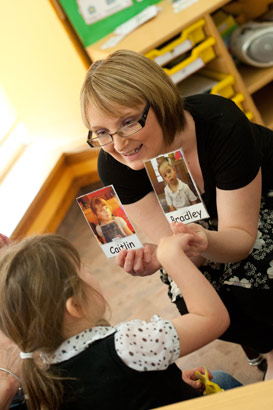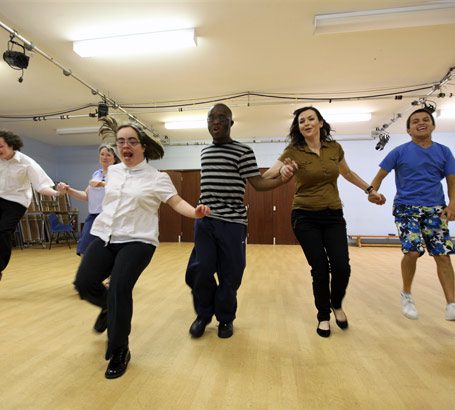
When working with children with complex needs, it is important to be mindful of the rights and responsibilities of the children and your own rights and responsibilities as a member of staff.
Those in your care should be:
- Treated with respect, understanding and dignity through quality care delivered at an individual level
- Treated fairly, openly and honestly, kept safe by being informed and involved and provided with appropriate boundaries and limits, and
- Appreciated for their worth, recognising their humanity with empathy and compassion through high levels of support that offer fairness and firmness where necessary.
Think of your own child or a child of a close friend or relative. What words or expressions best describe how you would like to see them treated by the staff in their school or early years setting?
Click here to reveal some suggestions drawn from previous participants (in no particular order).
- A calm approach, to be listened to, a welcoming environment, clear and consistent boundaries, love and kindness, open minded, empathetic, safe and secure, unlimited patience, respected.
- Sensitivity to background and culture, enthusiasm, teamwork, approachable, honesty, fairness, reassurance.
- Knowledge of child's needs, trained staff, encouragement, creativity, parental involvement, feel valued, high expectations, feel included, sense of community.
- Fun!
Now think of yourself as a member of staff in a school or early years setting, what words or expressions would best describe what you consider to be your rights and responsibilities.
As a member of staff in a school or early years setting. What words or expressions would best describe what you consider to be your rights and responsibilities?
- Respected, valued, supported, consulted, work in partnership, CPD, confidentiality, sense of belonging, no discrimination, decent pay, feel safe.
- Children's safety, good role model, meet individual needs, child centred, consistent, set clear boundaries, understanding of broader community, parental involvement, keep knowledge current, educate, respect others, empathetic, no favouritism, be accountable, teamwork, make it fun!

Consider the differences and similarities between your two lists.
There will be some differences but there are also likely to be some similarities.
These similarities are often around the need for adults and children to feel safe and secure.